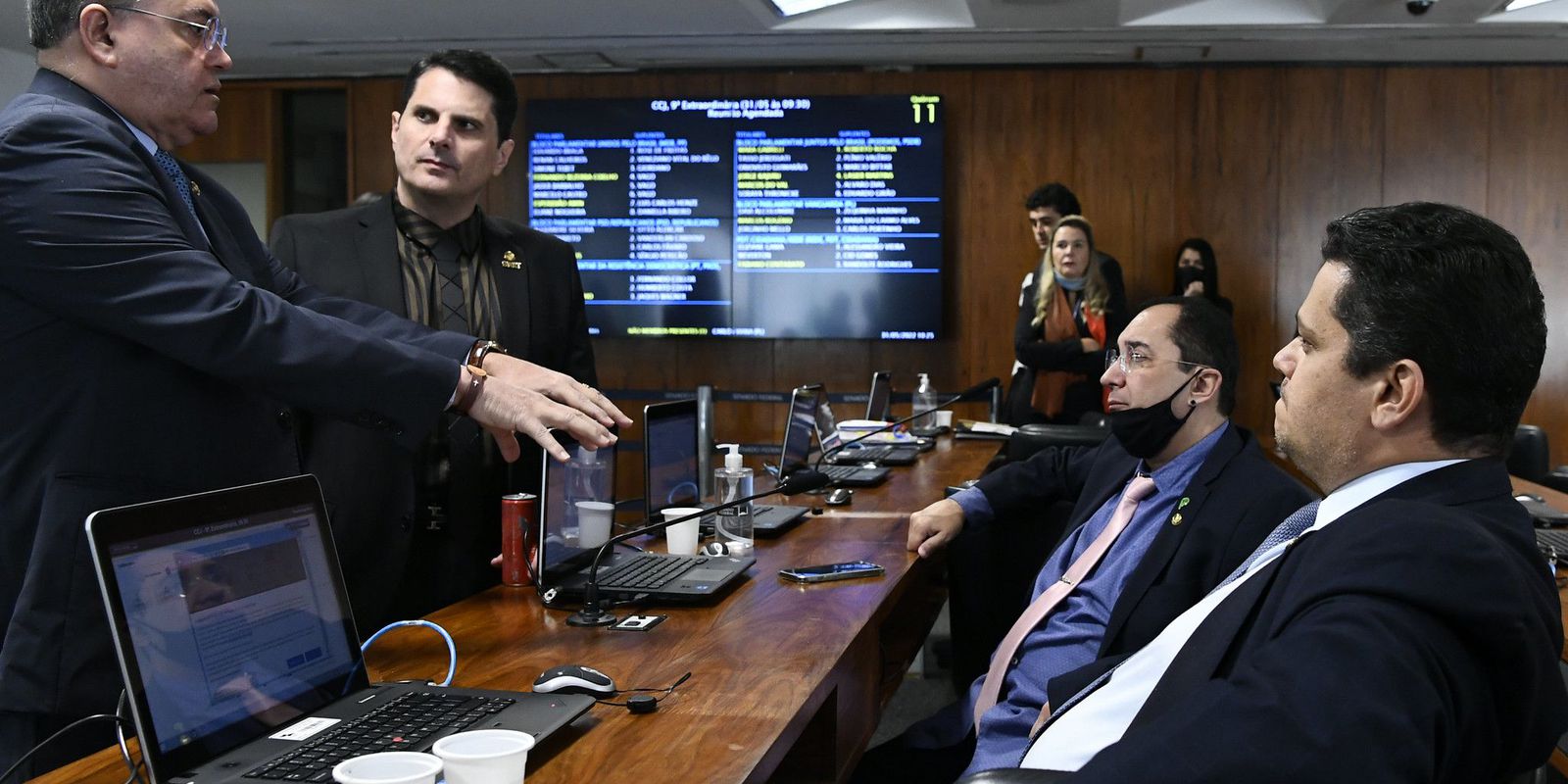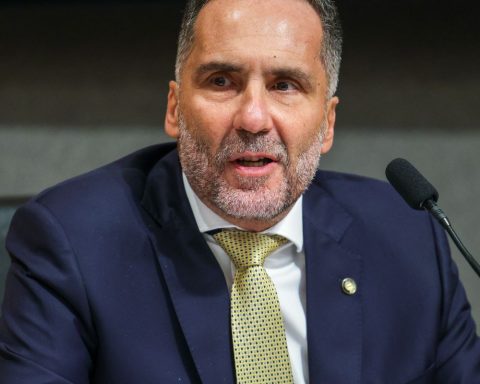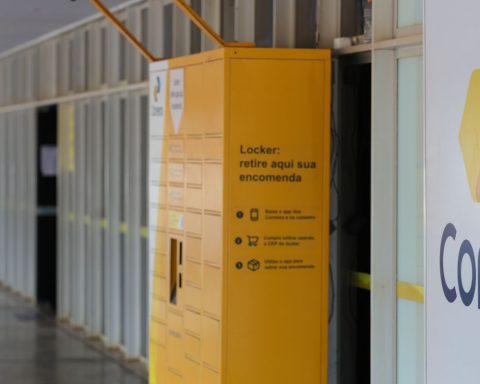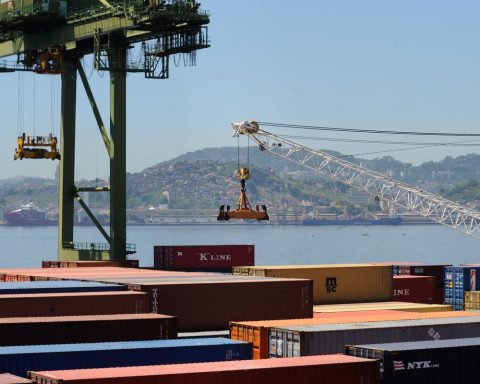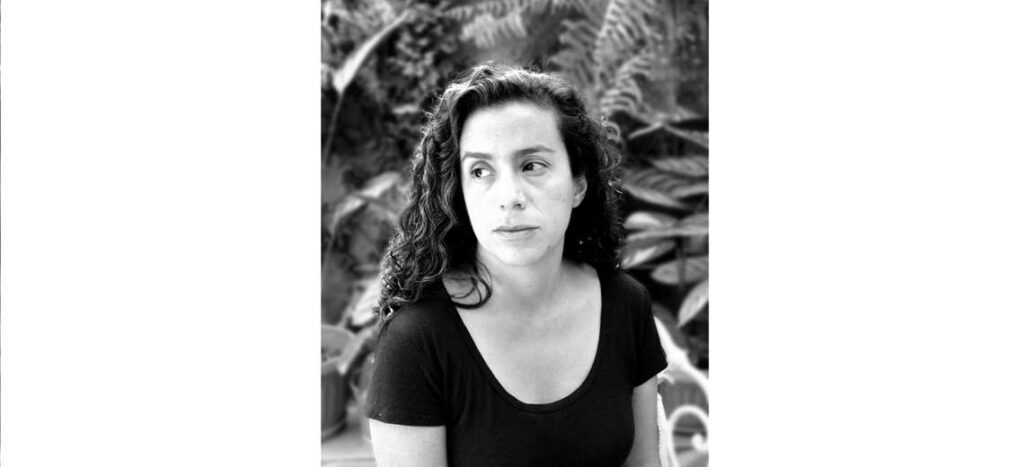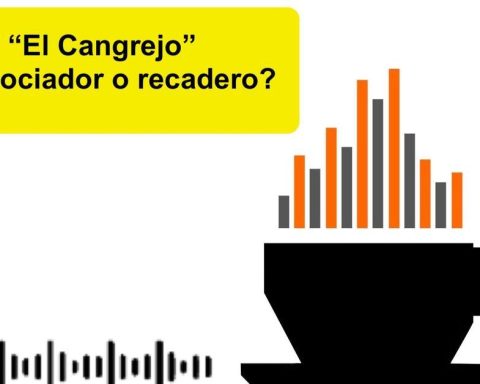The Senate Constitution and Justice Committee (CCJ) meeting today (31) to vote on the Tax Reform Amendment to the Constitution (PEC) was postponed due to lack of quorum and consensus. Due to the lack of enough senators for the committee’s deliberations, the committee’s chairman, Davi Alcolumbre (União-AP), canceled the meeting scheduled to vote on the report by Senator Roberto Rocha (PTB-MA).
In a press conference, Pacheco stated that he had a convergent position with the text of PEC 110/2019, but acknowledged that it was not a position shared by all colleagues. To be approved in plenary, a PEC must have the approval of three-fifths of the Senate, that is, 49 senators.
“I have a position on PEC 110 after the exhaustion of the discussion, by the entire society, from the productive segments, which is tax unification. As established in the PEC, it is the way out for simplification, for the reduction of bureaucracy in the Brazilian tax system”, said the president. “But not all senators think that way and to vote on a PEC we need a qualified quorum of 49 senators. What can be seen from the CCJ quorum is that there is no such consensus in the Senate”.
For Pacheco, there is disagreement regarding the form and content of a tax reform.
Despite claiming that his report was the one that advanced the most on the subject, Roberto Rocha did not hide his frustration with what happened at the CCJ. “I just want to say to the Brazilian people that I dedicated myself to being able to build the best report possible. And I would like this report to be debated, especially on the Senate floor. Because we are not talking about a terminative commission. We are talking about the first step of a long journey”.
Senators
Senator Carlos Viana (PL-MG) defended the vote on the reform, in a more optimistic speech than the rapporteur himself. “In an election year or not, Parliament needs to give an answer to make life easier for those who generate jobs and income, and especially the fuel issue, which today is weighing heavily on workers’ wages,” he said. “Today we had a problem in the CCJ, the lack of a quorum, which shows that there is no agreement. But I am confident that in the next few days we will have a definition”.
Omar Aziz (PSD-AM), in turn, was clear in his position against the vote on tax reform. “I don’t think we’re going to vote on any matter on tax reform this year,” he said. For him, this type of proposal must be approved at the beginning of an electoral cycle, so that the parliament can commit to voting on complementary laws during the four-year term.
The proposal
PEC 110 has as its main guideline the institution of a dual value-added tax (VAT) model. The Subnational VAT will be composed of the Goods and Services Tax (IBS), resulting from the merger of ICMS (state tax) and ISS (municipal tax), for states and municipalities.
On another front, the Contribution on Goods and Services (CBS) unifies federal taxes (IPI, Cofins and Cofins-Import, PIS and Cide-Combustíveis) collected by the Union and will form the Federal VAT. The matter has already received 252 amendments, of which almost 70 were accepted, but even that did not bring the necessary consensus to advance the PEC in the Senate.
* With information from the Senate Agency
